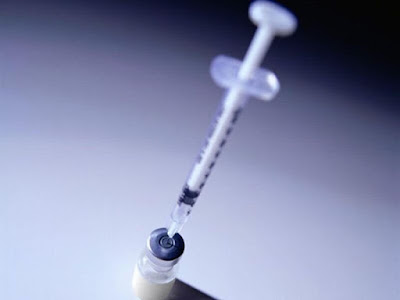NJ Hospital Mandates Booster Shots For Workers...
University Hospital in Newark is believed to be the first in the state to implement a COVID-19 vaccine booster mandate for employees who got the single-dose Johnson & Johnson shot, according to a hospital representative.
The new requirement, announced Oct. 27, comes after the Centers for Disease Control and Prevention (CDC) and FDA’s authorization of Pfizer, Moderna and Johnson & Johnson booster shots for targeted American populations.
Workers at University Hospital — the only public acute care facility in New Jersey — who received the Johnson & Johnson jab have until Dec. 24 to receive a booster, according to the hospital’s news release.
This means they can either get another Johnson & Johnson shot, or “mix and match” by opting for a Pfizer dose or a half dose of Moderna. About 270 employees at the hospital were vaccinated with the Johnson & Johnson vaccine, Elnahal told McClatchy News in a phone interview.
If one of those employees refuses to get the booster shot, there will be an escalating set of warnings, he said. If they still decline, it will result in a termination of employment.
President and CEO of the Hospital Dr. Sheref Elnahal will hold several lunches and dinners, starting Nov. 1, to meet with employees that are impacted by the booster mandate to answer any questions, he said.
“In my view, the goal of this is not to discipline people. It’s not to force people to do anything,” Elnahal explained. “It’s to protect the safety and health of our employees and patients.”
He acknowledged that the new booster mandate is not supported by everyone at the hospital. “I just wanna be honest about that,” he said. “There are employees who have concerns and I’ve already heard about that and that’s the exact reason I want to do these personal lunches with people and explain the context, explain the rationale.”
At University Hospital, over 93% of employees are vaccinated against COVID-19 out of its 3,700 workers, according to the hospital representative. The roughly remaining 7% were mostly exempt for religious or medical reasons.
Our latest stories...